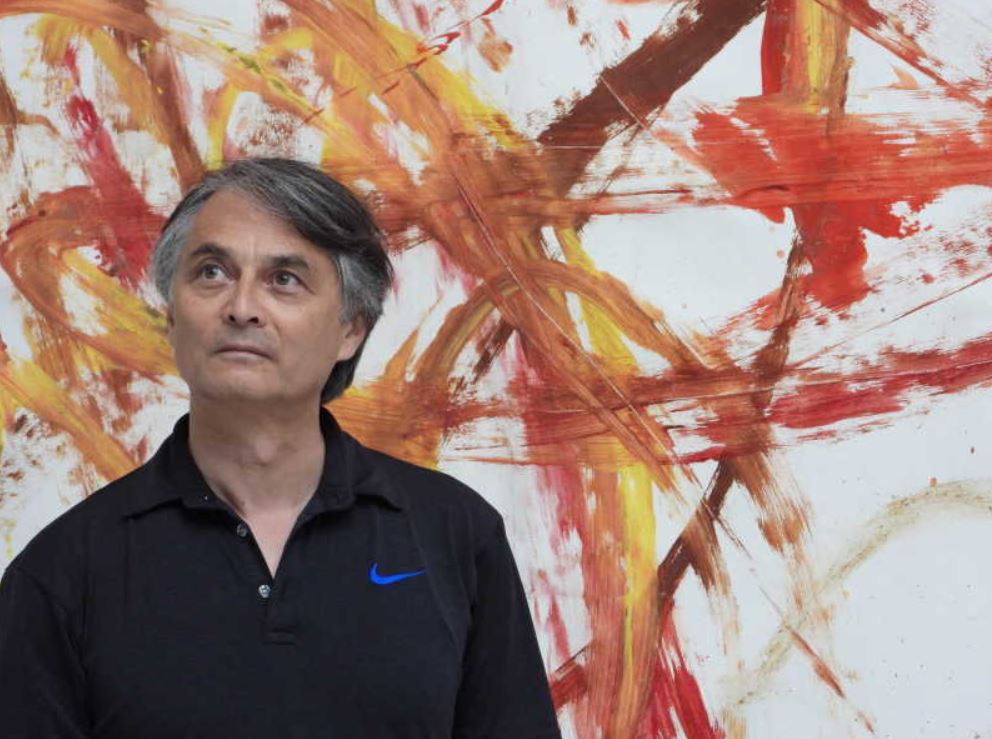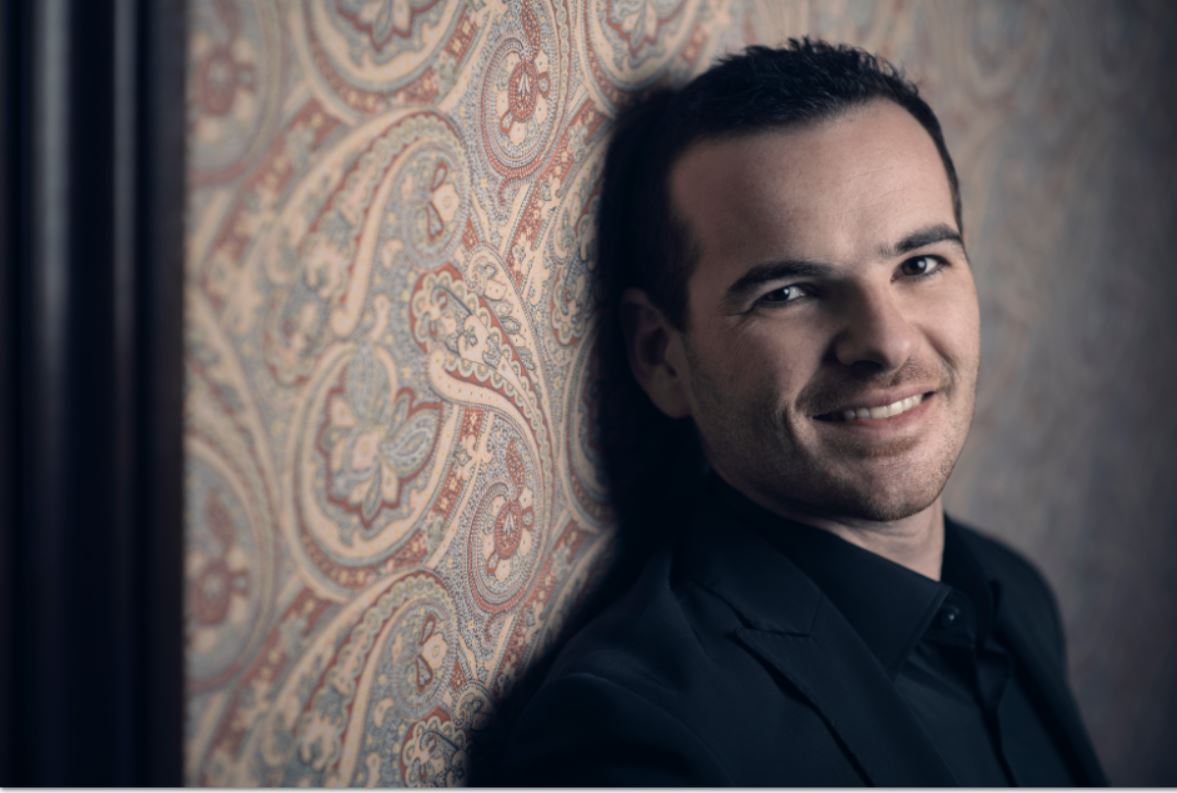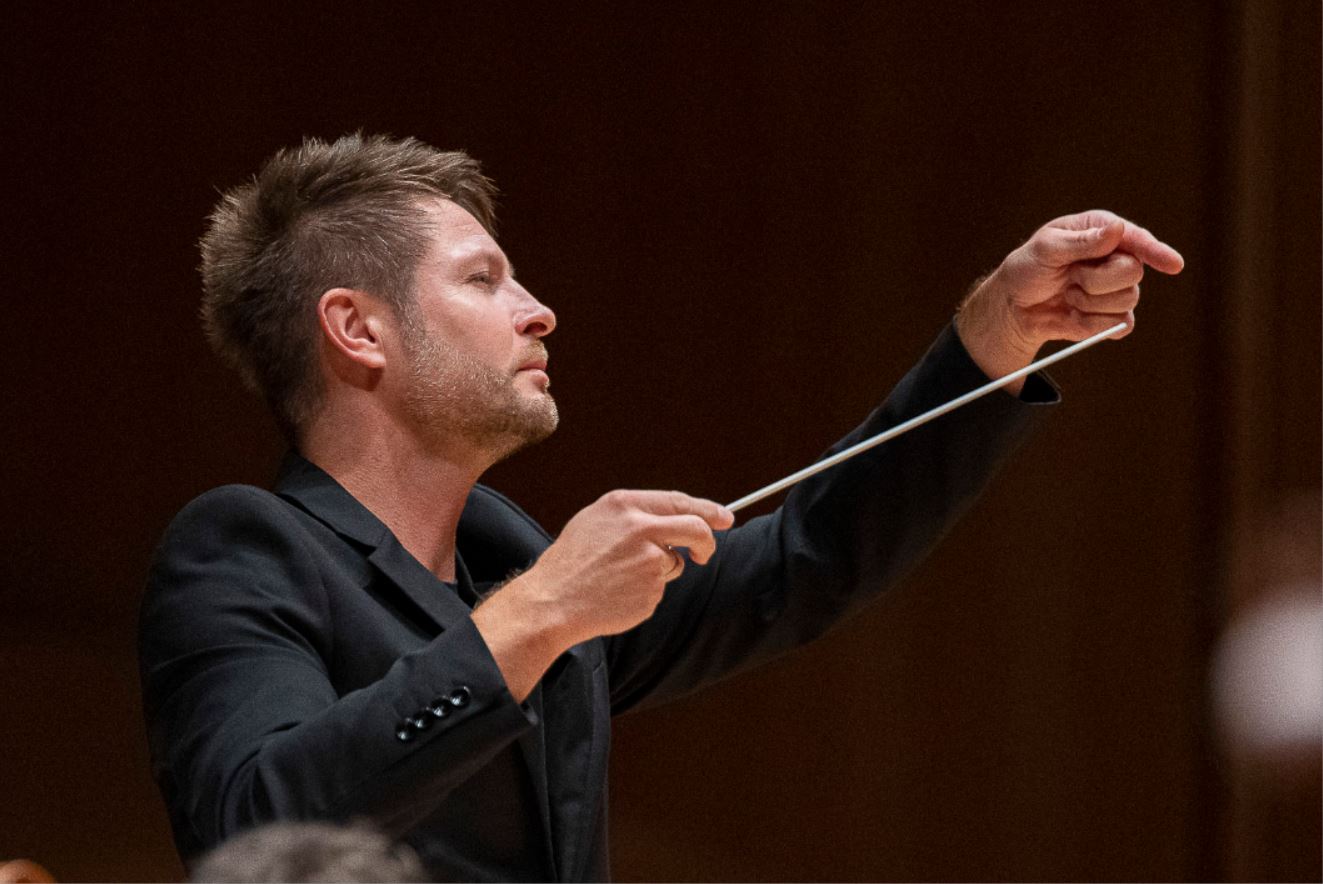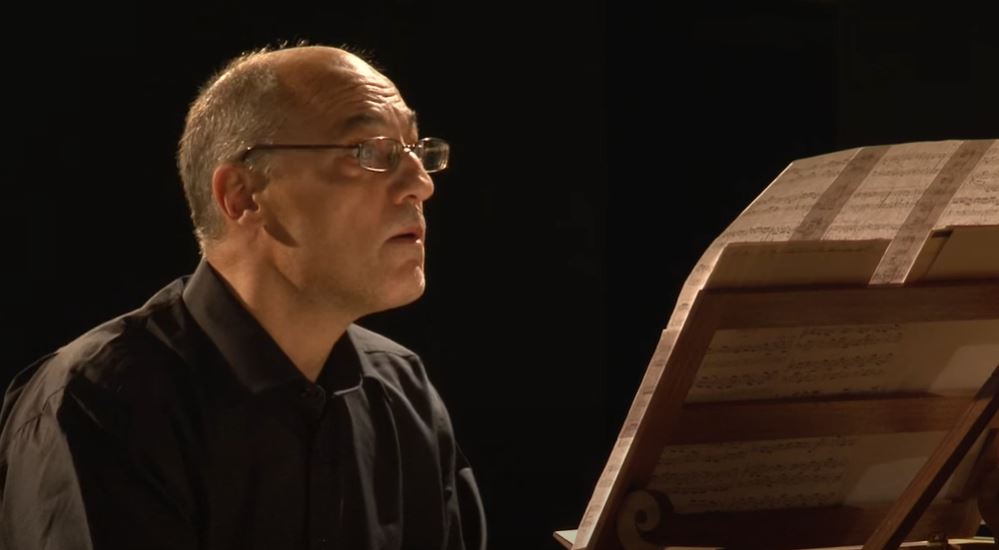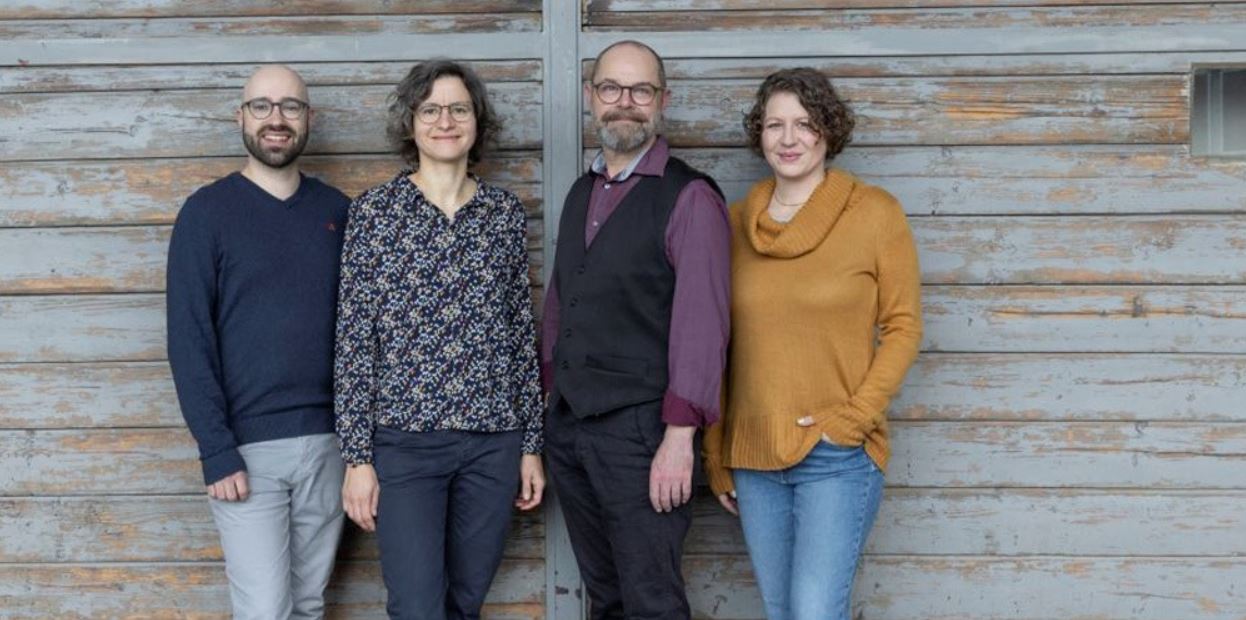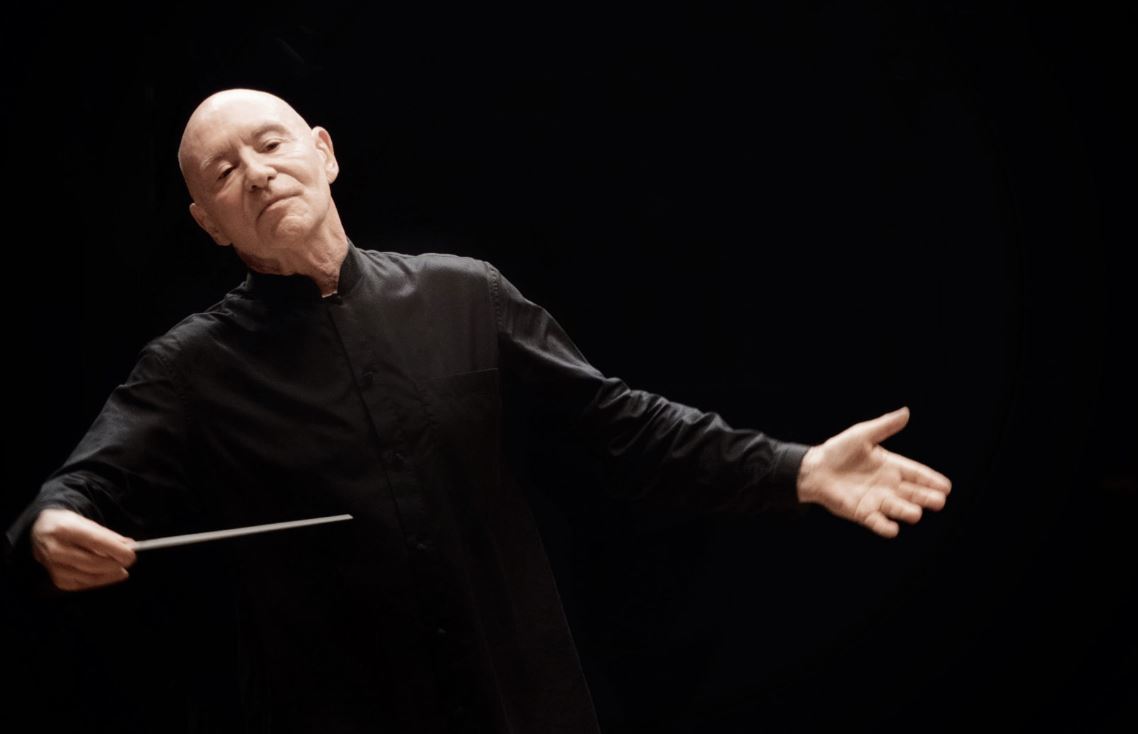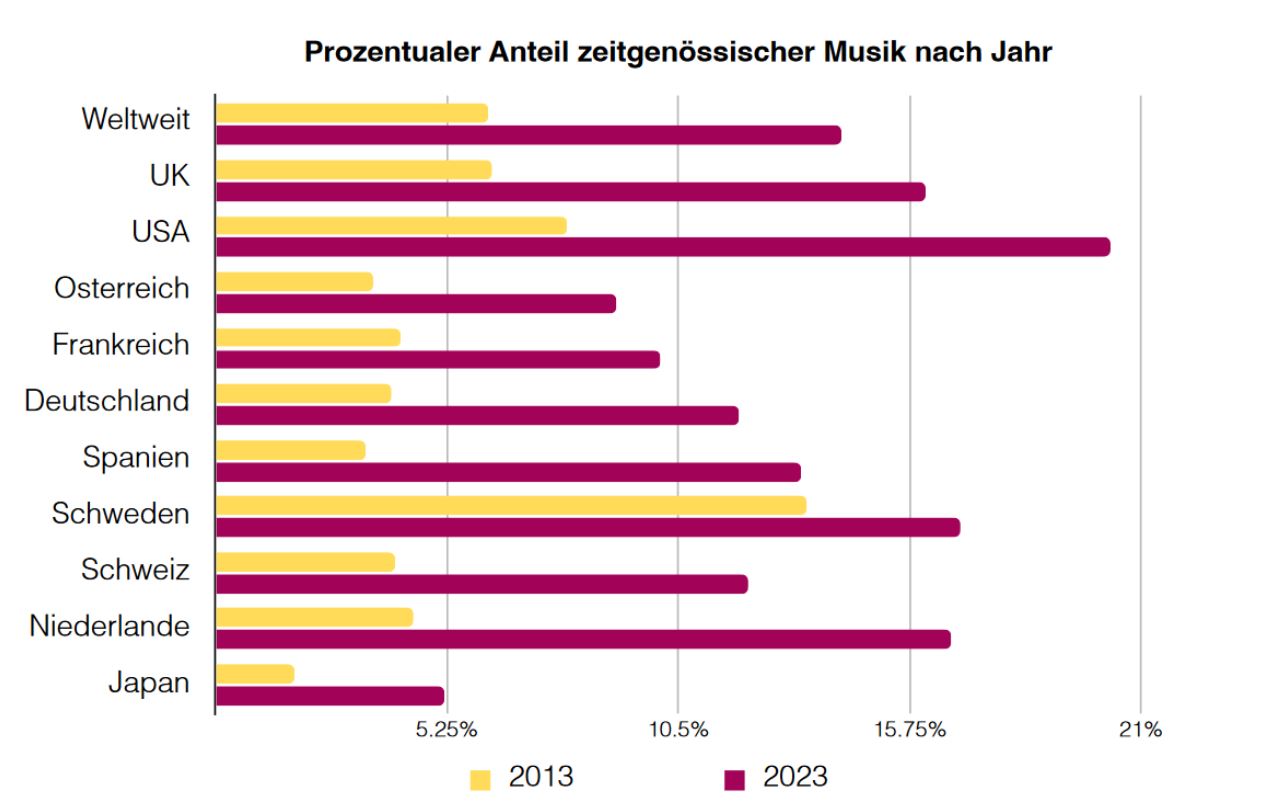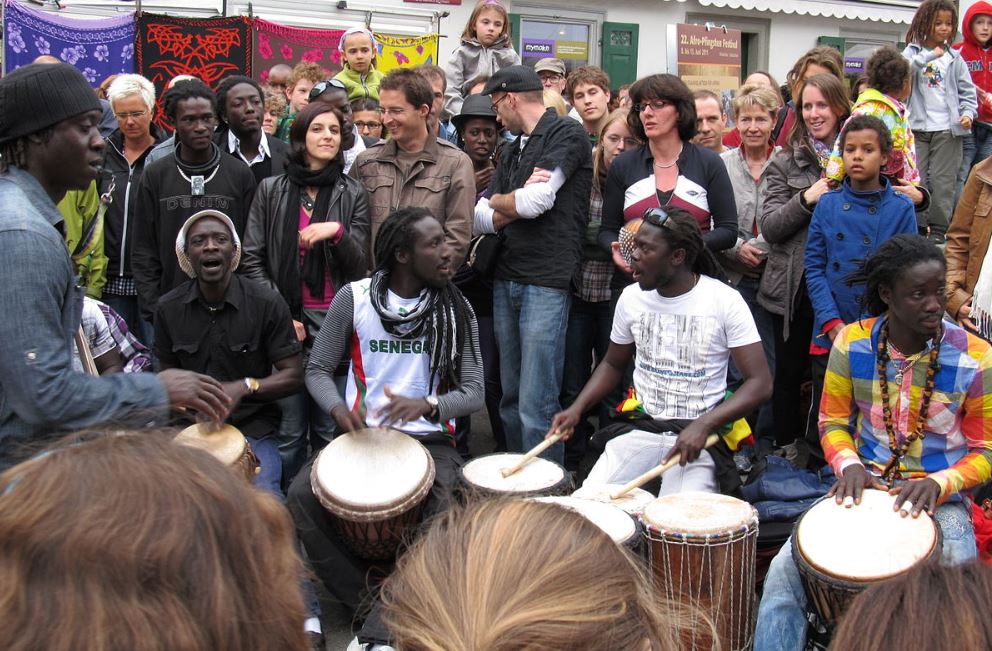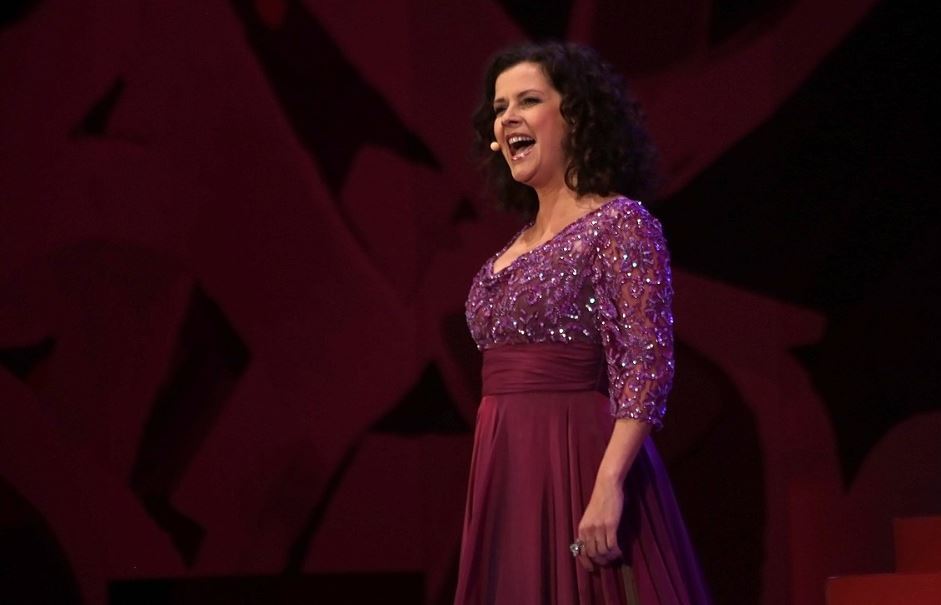Marcela Rahal wins Tenor Viñas singing competition
Marcela Rahal, member of the Lucerne Opera Ensemble, has won first prize at the 61st International Tenor Viñas Singing Competition at the Gran Teatre del Liceu, Barcelona.

The Brazilian mezzo-soprano Marcela Rahal studied singing in Leipzig with Roland Schubert and in São Paulo with Francisco Campos. She will make her debut at the Lucerne Theater in spring 2024 in the title role of Antonio Vivaldi's opera "Giustino": from 2 March, she can be seen and heard as Brünnhilde in the world premiere of Samuel Penderbayne's new stage work "Siegfried!" based on Richard Wagner.
The Tenor Viñas Competition is one of the most important in the genres of opera, oratorio and song. Every year, young singers from all over the world take part. The international jury consists of experts from the Metropolitan Opera New York, La Scala Milan, the Teatro Real Madrid, the Royal Opera House London and other major opera houses.






